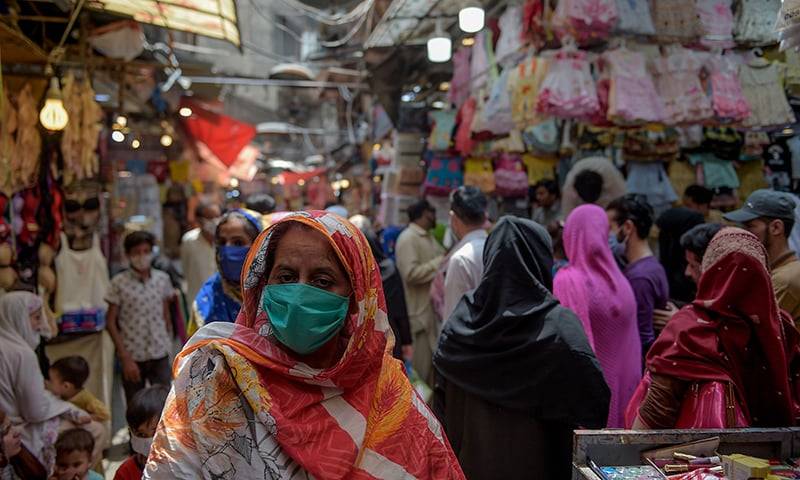
As an attempt to control the spike of coronavirus cases in Pakistan, the World Health Organisation (WHO) has recommended the Punjab government to enforce a complete and strict lockdown in the province for 2-weeks.
The UN health department, in a letter to the government of Punjab, said that the virus has spread way too far and wide in Pakistan and even the bigger countries have reported massive numbers of infections after the ease of lockdown. Pakistan is now one of the 10 most-affected nations from coronavirus crisis.
The letter also pointed out that Pakistan's recent strategy of a 'smart lockdown' was not helping the case of contagion in any way. WHO has recommended the government to implement an intermittent lockdown of two weeks on and two weeks off, which ensures a running economic benefit as well.
“After partial relaxation of the [lockdown] measures on May 1, 2020, then followed by complete relaxation on May 22, 2020, the rate of spread of COVID-19 increased,” it said, noting that new infections had climbed from around 1,000 per day during the lockdown to over 4,000 per day right now.
However, Special Assistant to the Prime Minister on Health Services Dr Zafar Mirza said that the WHO only takes health-related factors into account while governments have to think of the public’s livelihoods as well, and ruled out the possibility of observing a 2-week long lockdown.
The UN health department, in a letter to the government of Punjab, said that the virus has spread way too far and wide in Pakistan and even the bigger countries have reported massive numbers of infections after the ease of lockdown. Pakistan is now one of the 10 most-affected nations from coronavirus crisis.
The letter also pointed out that Pakistan's recent strategy of a 'smart lockdown' was not helping the case of contagion in any way. WHO has recommended the government to implement an intermittent lockdown of two weeks on and two weeks off, which ensures a running economic benefit as well.
“After partial relaxation of the [lockdown] measures on May 1, 2020, then followed by complete relaxation on May 22, 2020, the rate of spread of COVID-19 increased,” it said, noting that new infections had climbed from around 1,000 per day during the lockdown to over 4,000 per day right now.
However, Special Assistant to the Prime Minister on Health Services Dr Zafar Mirza said that the WHO only takes health-related factors into account while governments have to think of the public’s livelihoods as well, and ruled out the possibility of observing a 2-week long lockdown.
